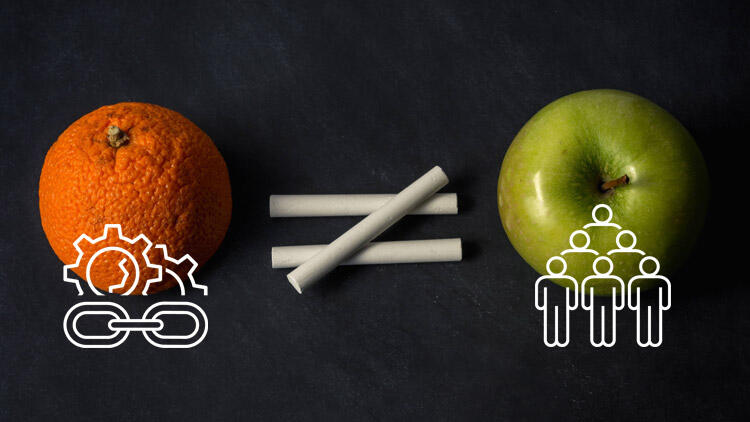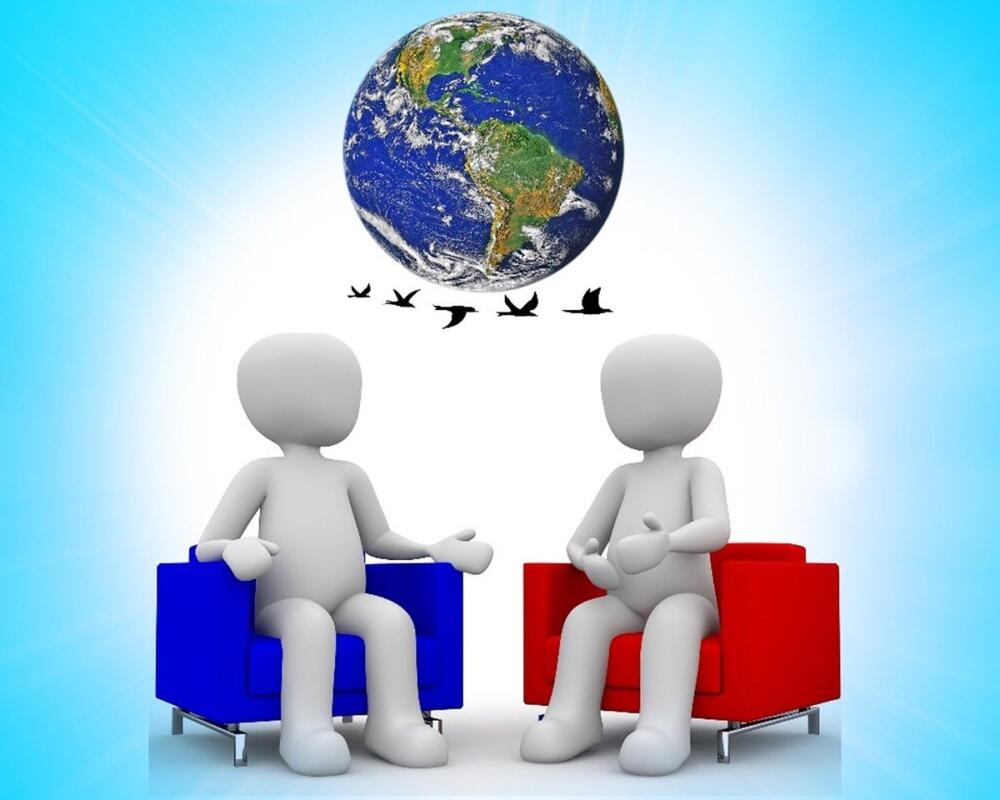
CRM and SCM are two different types of software, but what exactly are they? CRM is customer relationship management software that helps you manage the sales process from start to finish. SCM is supply chain management software that helps companies manage their entire supply chain, including purchasing raw materials, manufacturing components, and shipping finished products.
SCM Manages your Supply Chain and CRM Manages your Customers.
SCM is the supply chain management process that involves managing the flow of goods and services from their origin to their destination. While SCM manages your supply chain, CRM manages your customers.
SCM refers to a business process that allows businesses to optimize their operations by focusing on reducing inefficiencies, optimizing labor costs, and maximizing profits by making sure they have the right products at the right place at the right time. The most important part of this process is inventory management; how do you ensure you have enough inventory when needed?
CRM is an important part of SCM because it helps companies manage their customer relationships so that they can grow revenue and profit over time.
CRM Manages Customer Relationships, including Sales and Service Activities.
CRM stands for customer relationship management, which is a software solution that helps companies manage their interactions with customers. CRM systems are used to track information about your contacts, including their contact details and the history of your relationship with them.
CRM is an important tool for sales teams because it keeps track of each client’s account profile, including all interactions you’ve had with them in the past. This makes it easy for people on your team to access this information when they need it—for example if someone calls you looking for a product recommendation or asking how much something costs.
When used correctly, CRM can help any business increase sales by making sure every interaction between the company and its customers is captured accurately in one place so that nothing falls through the cracks or gets lost over time (or worse: repeated).
If you want to keep track of your customer relationships but don’t have time or resources on hand right now—or if this kind of project seems too intimidating—you can always hire someone else who does!
SCM Involves Managing the Supply Chain for your Company, including Storing and Shipping Materials and Products.
- Supply chain management is the process of managing the flow of materials, information, and finances within a company or business.
- It is a system that involves planning, implementing, optimizing, and controlling all the resources required to deliver products and services to customers.
CRM Supports the Selling Process, from Marketing to Closing a Deal.
CRM software is a customer-centric tool that allows you to track and manage all of your leads, customers, and sales prospects. CRM software can help you create and manage customer relationships, track sales activities, handle customer service, and more.
CRM helps companies:
- Better understand their customers by collecting information about them in one place;
- Improve the efficiency of their sales process by automating tasks such as lead generation or email management;
- Improve loyalty by providing personalized offers based on previous behaviors;
SCM is About Purchasing Raw Materials, Manufacturing Components, and Shipping Finished Products.
SCM is about purchasing raw materials, manufacturing components, and shipping finished products.
SCM systems are designed to manage the entire supply chain, spanning from procurement of raw materials to delivery of finished goods. If you’re buying a car, for example, your final goal is to drive it off the lot. But before that can happen there’s a long journey from the factory floor where it was manufactured all the way back up to you—and many different people along with different systems involved in getting it there.
CRM systems track leads and customers, as well as manage relationships after the sale.
CRM systems track leads and customers, as well as manage relationships after the sale.
CRM systems are designed to manage contact with potential customers (leads) and existing customers in a way that’s faster, easier, and more personalized than traditional methods.
SCM systems track the entire order lifecycle.
SCM systems track the entire order lifecycle, which includes:
- Tracking the entire process of order fulfillment. This includes receiving orders, processing orders, and shipping them to customers.
- Tracking the entire process of order placement. This includes taking in customer requests, creating new quotes, and processing those orders into sales orders or purchase orders.
- Track the entire process of order processing—such as handling payments and updating pricing according to current market conditions—prior to shipping out products or services ordered by clients online through various methods such as email, phone calls, or social media platforms like Facebook Messenger where you can interact with clients directly without having to do so face-to-face at an office building where everyone works together every day during regular business hours between 9 am – 5 pm MST/PST (the same thing applies if you create any kind
CRM systems are designed to manage contact with potential customers (leads) and existing customers in a way that’s faster, easier, and more personalized than traditional methods.
CRM systems are designed to manage contact with potential customers (leads) and existing customers in a way that’s faster, easier, and more personalized than traditional methods. CRM systems also allow you to track the performance of your sales team over time, which can help you to identify ways that they can improve their performance.
CRM systems are used to manage customer relationships in order to increase customer loyalty. They’re often a part of larger business intelligence solutions that offer reporting capabilities as well as data analysis tools like predictive analytics or machine learning algorithms based on historical customer behavior or trends across your entire database.
SCM systems are designed to deliver products in a faster and more cost-effective way while optimizing the availability of materials throughout the supply chain.
- SCM systems are designed to deliver products in a faster and more cost-effective way while optimizing the availability of materials throughout the supply chain.
- CRM systems support the selling process, from marketing to closing a deal. The main reason is that CRM software focuses on managing customers and their buying behavior, whereas SCM software focuses on managing suppliers (and sometimes distributors).
- SCM systems track leads and customers, as well as manage relationships after the sale.
There are Major Differences Between CRM and SCM Software
CRM and SCM are two very different types of software, in the sense that their goals and functions are not only different but often at odds with one another. CRM is about managing customer relationships, while SCM is about managing the flow of goods and services within a company’s supply chain.
SCM software allows you to handle inventory management, order processing, shipping, and logistics all in one place. It also lets you track your company’s inventory levels so that you can prevent running out of stock or overstocking items in stores—both problems that contribute directly to increased costs for retailers and suppliers alike.
CRMs typically include sales automation features such as lead tracking tools (which help identify prospective customers), email marketing campaigns (to build brand awareness), social media profiles (for connecting with consumers online), or even mobile apps tailored specifically for each business type.*
Conclusion
If you’re looking for a solution to manage your supply chain, then SCM is probably what you need. If you’re looking to improve customer relationships and sales, then CRM software may be the way to go.

Rahul Asthana has a PhD in Operations Management from the Anderson School at UCLA. He has 25 years of experience in supply chain management, starting his career in IBM working in supply chain operations. He then moved into product management and product marketing of supply chain software while at SAP and Oracle. He manages product strategy and product management at Gainfront. In terms of hobbies outside of work, he really enjoys tennis. Follow Rahul Asthana on Linkedin!


